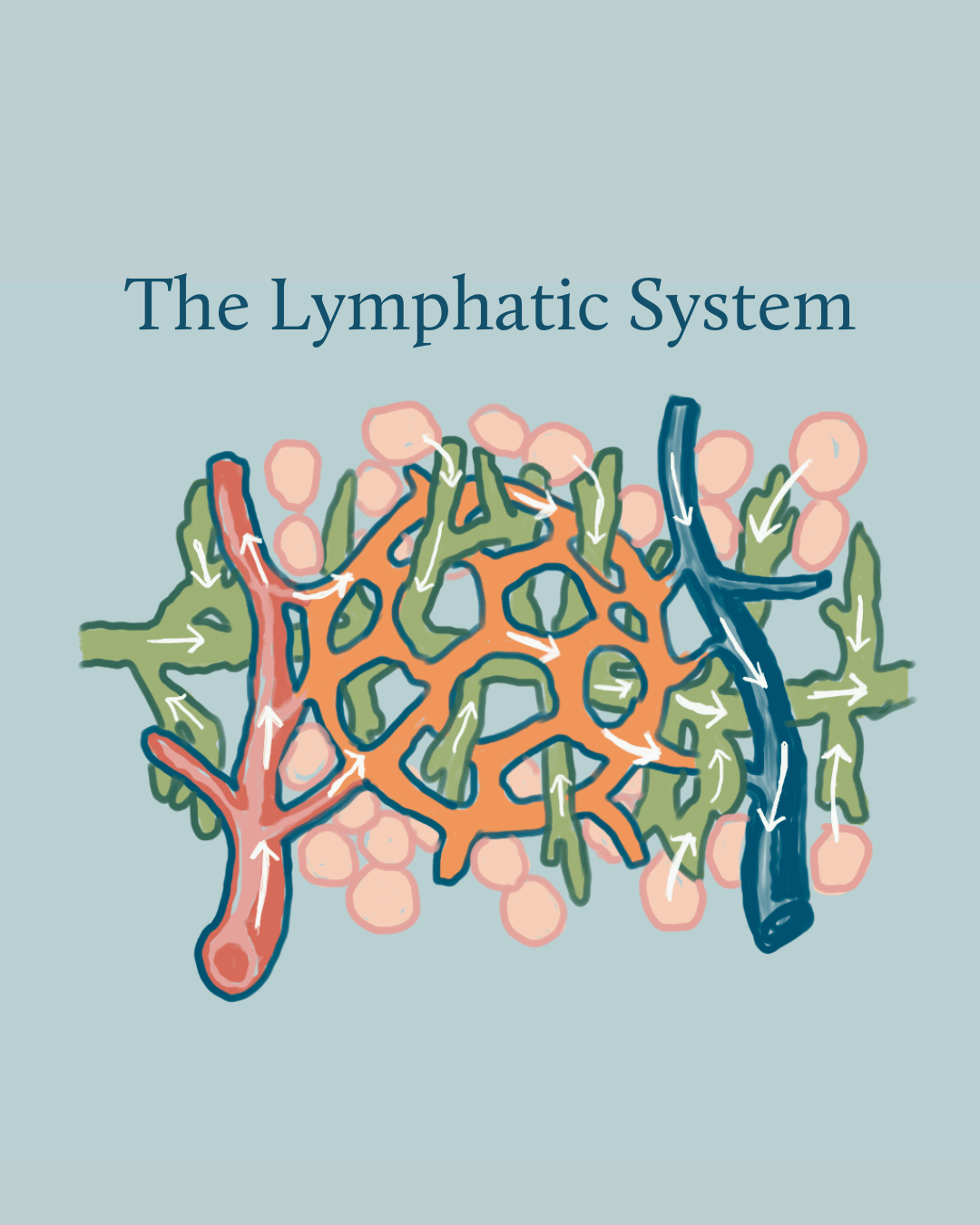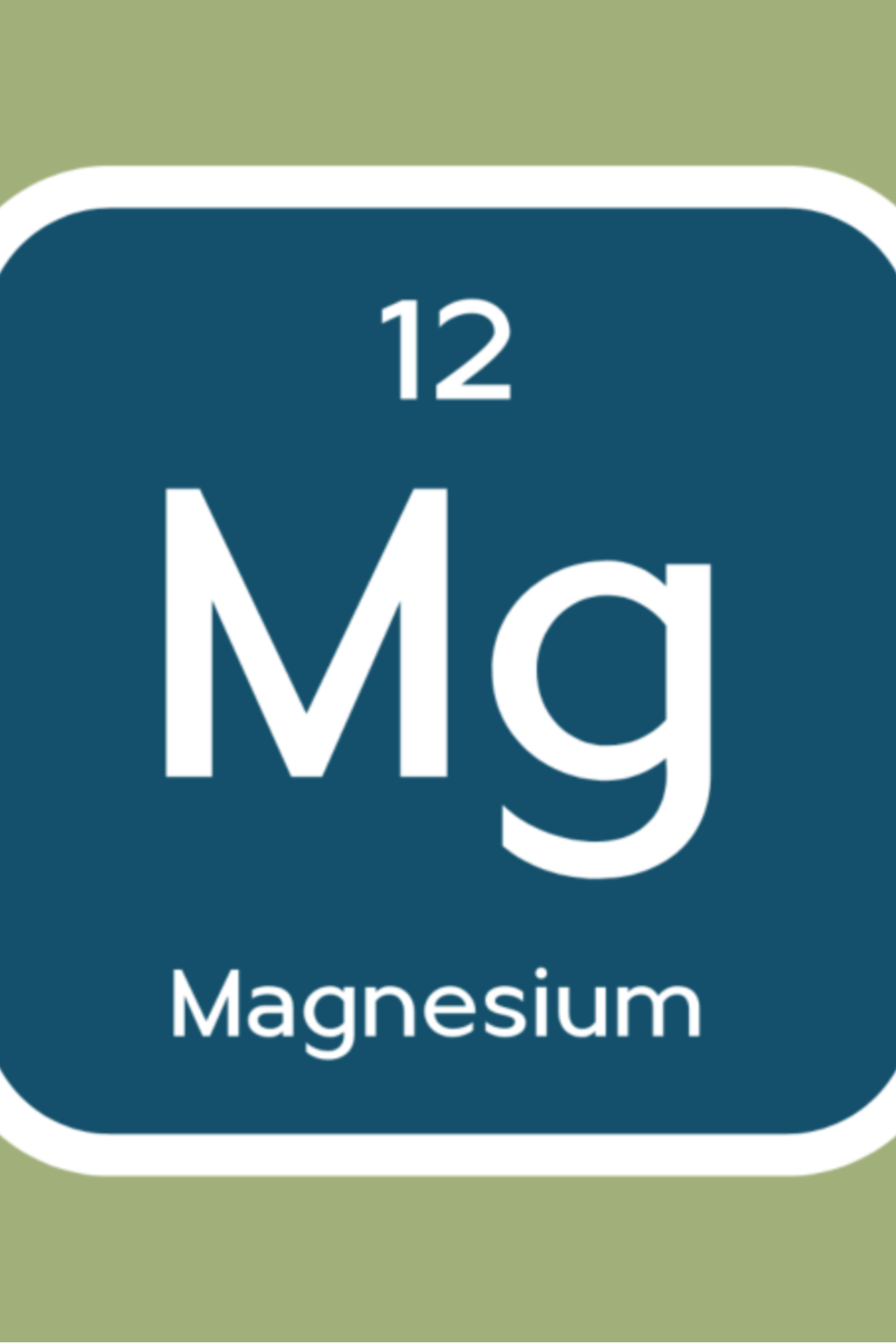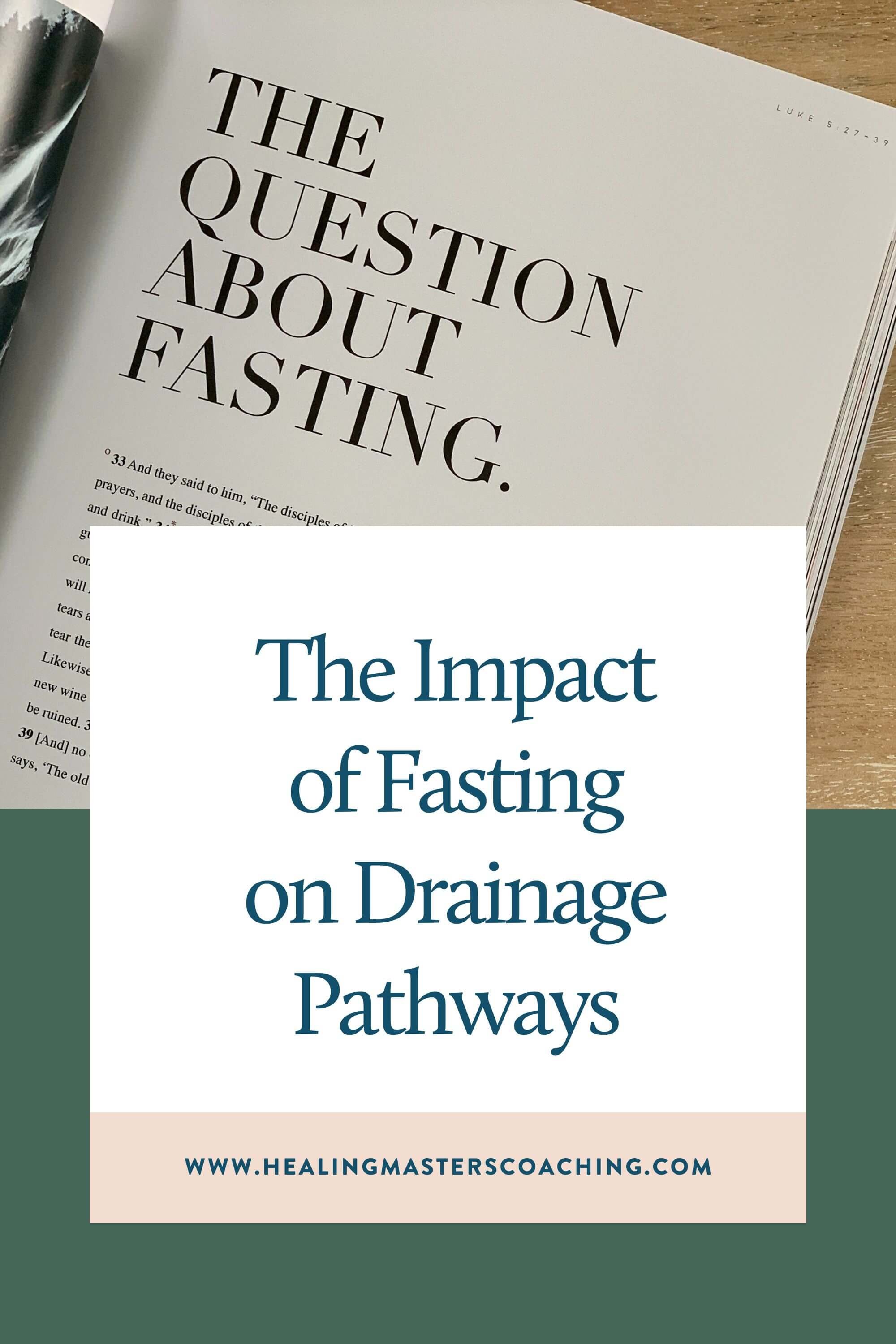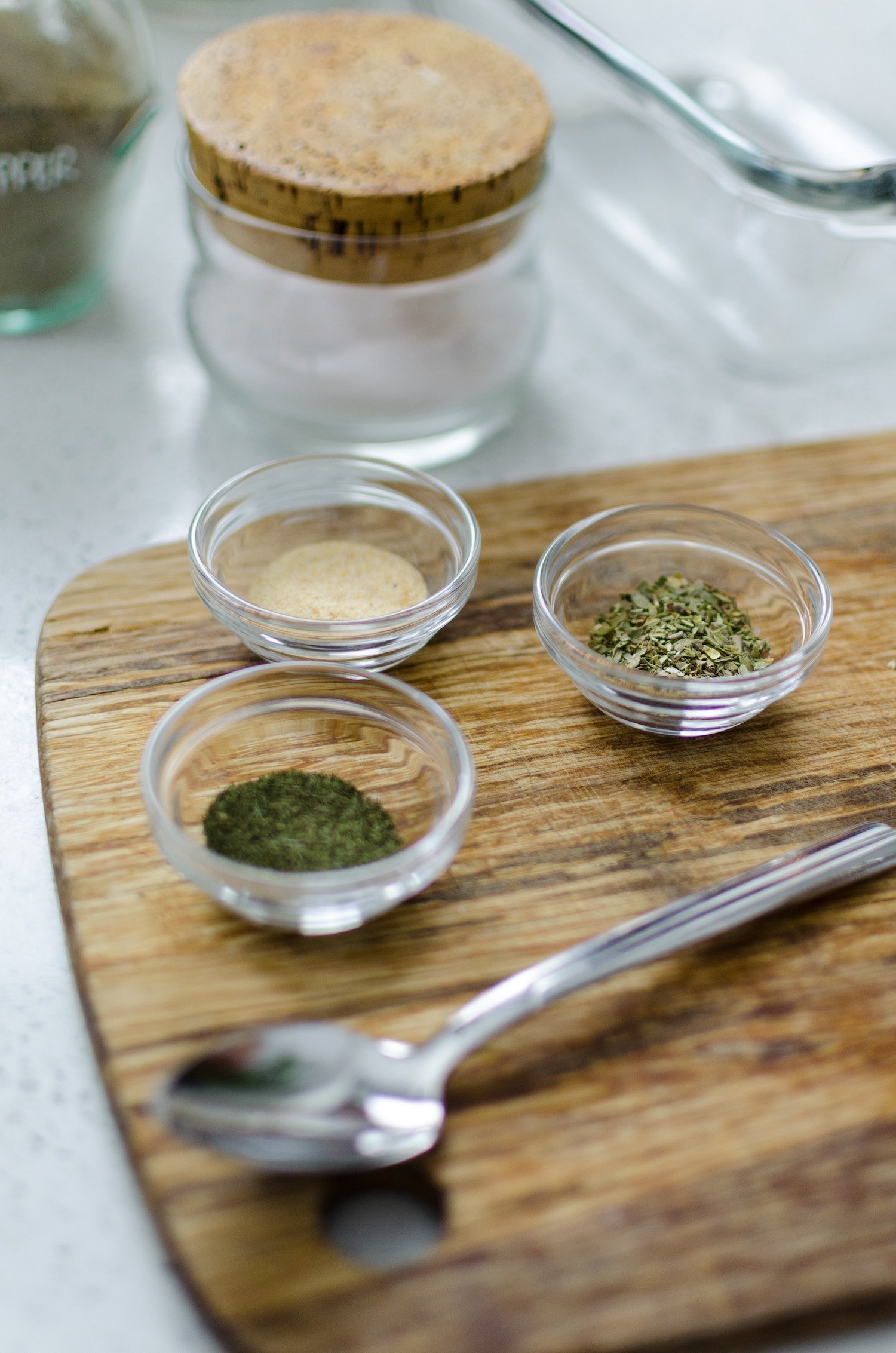How Histamine Affects Your Poop
Today, I am diving deep into the curious world of gut health and mast cell activation. This topic plays a significant role in our overall wellness, and is one that hits close to home because of my own struggles with mast cell activation syndrome (MCAS) in my gastrointestinal tract. The highest numbers of mast cells are where the body meets the environment: the skin, lungs and intestinal tract, so it’s very common to have gut issues if you also struggle with histamine intolerance or have a mast cell disorder.
I’m going to discuss the influence of histamine on your poop. If you thought histamine was only linked to allergies, prepare to be surprised. It is a key player in the intricate orchestra of your gut, with a profound impact on digestion and the characteristics of your stool. This blog will unravel the surprising ties between fluctuating histamine levels in your body and your bowel movements. After reading this blog, you will better understand why this connection could be one of the keys to unlocking your best gut and immune health.
Histamine: More Than Just Allergies
Histamine, a bioactive compound produced by our mast cells, is often associated primarily with allergic reactions. When we encounter an allergen, histamine is released, leading to symptoms like sneezing, itching, swelling, and redness.
Certain foods are high in histamine, others are liberators of histamine, and consuming these foods can contribute to an imbalance in histamine levels. These foods include aged or fermented foods, such as cheese, wine, and sauerkraut, as well as cured meats, fish, and shellfish. Other factors that can contribute to histamine imbalances include stress, medications, nutritional deficiencies, toxins, and allergies.
But the story of histamine doesn't end here. Histamine is also present in our gut and plays a vital role in well functioning digestive processes. This is where our tale of poop begins.
Histamine and the Gut
Histamine in the gut aids in the secretion of gastric acid, necessary for the digestion of proteins and absorption of vital nutrients. When everything is working smoothly, histamine performs these tasks effectively, helping to regulate bowel movements and contribute to a healthy digestive system. However, trouble begins when there is an imbalance, particularly when histamine levels are high, like is seen with Mast Cell Activation Syndrome (MCAS) and histamine intolerance.
High Histamine Levels and Your Poop
High histamine levels, a condition known as histamine intolerance, can have a significant impact on your digestive system and consequently, your poop. When histamine is excessive, it can cause an array of digestive symptoms like bloating, gas, abdominal pain, inflammation, fluid retention, and irregular bowel movements. It can lead to diarrhea due to increased intestinal movement and water in the bowel, or constipation if the water balance is significantly disrupted.
In addition to its role in digestion, histamine is also involved in the body's immune response. When the immune system, specifically mast cells, detects a threat, such as an infection or allergy, it releases histamine to trigger an inflammatory response. Inflammation can cause the gut to become more sluggish and less efficient at moving food through the digestive system, leading to constipation.
When dealing with chronic allergic responses and a permeable gut lining, like we see with leaky gut and MCAS, it’s common for the mucosal layer to be damaged and inflamed leading to more fiery stools. Nutrient absorption and motility speeds are disrupted, rogue proteins and toxins enter your bloodstream, your mast cells respond, and histamine rises.
Increased Histamine and Reactive Diarrhea
Reactive diarrhea is a condition that occurs when there is an increase in histamine levels in the gut. This increase in histamine can cause the muscles in the gastrointestinal tract to contract more frequently and more intensely, leading to rapid movement of food through the digestive system and resulting in diarrhea.
Histamine acts as a neurotransmitter in the body and helps regulate the activity of the smooth muscles in the digestive system. These muscles contract and relax to move food through the intestines and eventually out of the body. When histamine levels increase, the muscles in the gut may contract more frequently and more intensely, leading to rapid movement of food through the digestive system and resulting in diarrhea.
In addition to its role in digestion, histamine is also involved in the body's immune response. When the immune system detects a threat, such as an infection or allergy, it releases histamine to trigger an inflammatory response. Inflammation can cause the gut to become more active and efficient at moving food through the digestive system, leading to diarrhea.
To manage reactive diarrhea caused by high histamine levels, it is important to identify and address the underlying causes of the imbalance. This may involve avoiding high-histamine foods, reducing stress levels, and working with a healthcare professional to identify and manage any underlying imbalances, like parasites, food sensitivities, heavy metals, mold, yeast, stealth infection, etc.
In some cases, supplements such as digestive enzymes and probiotics may be helpful in supporting digestion and maintaining healthy histamine levels. However, it is important to work with a healthcare professional before starting any new supplements, as they may interact with other medications or underlying health conditions.
Low Histamine Levels and Constipation
On the other hand, lower levels of histamine might contribute to an increase in gut pH due to reduced gastric acid secretion, potentially leading to an imbalanced gut flora and consequent constipation. The change in gut pH could favor the growth of harmful bacteria, leading to dysbiosis and various digestive discomforts.
How a Drop in High Histamine Levels Can Cause Constipation
For some people, an imbalance in histamine levels can lead to a range of symptoms, including digestive issues such as constipation. Reactive constipation can be caused by a drop in high histamine levels in the gut.
Reactive constipation is a condition that occurs when the body's histamine levels drop below the normal range, which can happen with excessive antihistamine and mast cell stabilizer use. This drop in histamine can cause the muscles in the gastrointestinal tract to contract more slowly, leading to a delay in bowel movements and resulting in constipation.
Histamine acts as a neurotransmitter in the body and helps regulate the activity of the smooth muscles in the digestive system. These muscles contract and relax to move food through the intestines and eventually out of the body. When histamine levels drop, the muscles in the gut may not contract as effectively, leading to slower movement of food through the digestive system.
Histamine also plays a role in regulating the production of stomach acid, which is necessary for the breakdown of food. A decrease in histamine levels can lead to lower levels of stomach acid, which can also contribute to constipation.
To manage reactive constipation caused by low histamine levels, it is important to identify and address the underlying causes of the imbalance. This may involve avoiding high-histamine foods, reducing stress levels, and working with a healthcare professional to identify and manage any underlying medical conditions.
In some cases, supplements such as digestive enzymes and probiotics may be helpful in supporting digestion and maintaining healthy histamine levels. However, it is important to work with a healthcare professional before starting any new supplements, as they may interact with other medications or underlying health conditions.
Histamine plays an important role in regulating the activity of the smooth muscles in the digestive system and supporting healthy digestion. To manage reactive constipation, it is important to identify and address the underlying causes of histamine imbalances, including dietary factors, stress, and underlying imbalances. With the right approach, it is possible to support healthy histamine levels and maintain regular bowel movements.
Balancing Histamine for Better Digestive Health
The key to maintaining healthy bowel movements, in part, lies in balancing your histamine levels. This can be achieved through dietary changes, including reducing high histamine foods like fermented foods, certain cheeses, and alcohol, eating freshest foods possible, choosing organic, and increasing intake of foods rich in vitamin C and B6, which can help break down histamine.
In some cases, it may be appropriate to use DAO supplements, an enzyme that breaks down histamine in the body. For some, working on sulfur intolerance helps prevent histamine formation. Supplements should be used under the guidance of a health professional.
Maintaining Gut Health
Remember, the gut is a complex ecosystem that affects and is affected by different factors. Histamine is only one piece of the puzzle. A balanced diet, regular exercise, sufficient hydration, and stress management also contribute to optimal gut health and regular bowel movements.
Finally, if you're experiencing persistent changes in your bowel habits or other unexplained symptoms, it's always important to seek the advice of a healthcare provider. While understanding the role of histamine can help manage gut health, it's equally important to rule out other potential causes of digestive discomfort. Stay informed, stay healthy, and keep the conversation on poop normal – because it's a critical aspect of our health.
Conclusion
Looking at the complex world of histamine and its role in your digestive health, it's evident that it has a significant and often under-recognized influence on our bowel movements. The interplay between histamine, our gut, and our poop is a complex yet fascinating one. It reminds us of the intricate nature of our bodies and their incredible ability to maintain balance and health.
If you've been struggling with any digestive issues or changes in your stool, consider discussing histamine levels with your healthcare provider. You might find that a deeper understanding of this biochemical substance could be the golden ticket to improved gut health and overall wellness. Our team is well versed in all things histamine. Stay tuned for our future blogs as we continue to shed light on topics that aim to empower you on your path to optimal health.
Overcome Your Chronic Symptoms & Heal Holistically
Are you looking to get to the root cause of your symptoms? We can help you.
We use holistic approaches and functional medicine lab testing to investigate what is triggering your chronic symptoms so you can address them at their source and start to feel better faster. Our health coaches are masters at guiding the healing of multiple root causes in a personalized order that gets you wellness results that last. We also help you maintain good health and minimize your disease risks.
by sarah southerton
Certified Integrative Health Practitioner (IHP2) & Functional Medicine Health Coach
I specialize in helping people heal chronic illnesses and achieve optimal health. After my own battle with Ehlers Danlos Syndrome (EDS), Lyme disease, Mast Cell Activation Syndrome (MCAS) and Post Orthostatic Tachycardia Syndrome (POTS), I was thrust into the world of alternative medicine, herbal healing, and low-tox/low-stress living. I have since restored my health and no longer suffer with debilitating symptoms and I’m passionate about help other people who are suffering, so they can feel better a lot faster than I did.
Disclaimer: The information on this website is for general information purposes only. Nothing on this site should be taken as healthcare advice for any individual case or situation. This information is not intended to create, and receipt or viewing does not constitute, an healthcare professional-patient relationship. We do our best to keep information accurate and up to date, however mistakes do happen, and we cannot make guarantees regarding the accuracy of our information. We are not liable for any information on this website or your reliance upon it.
































